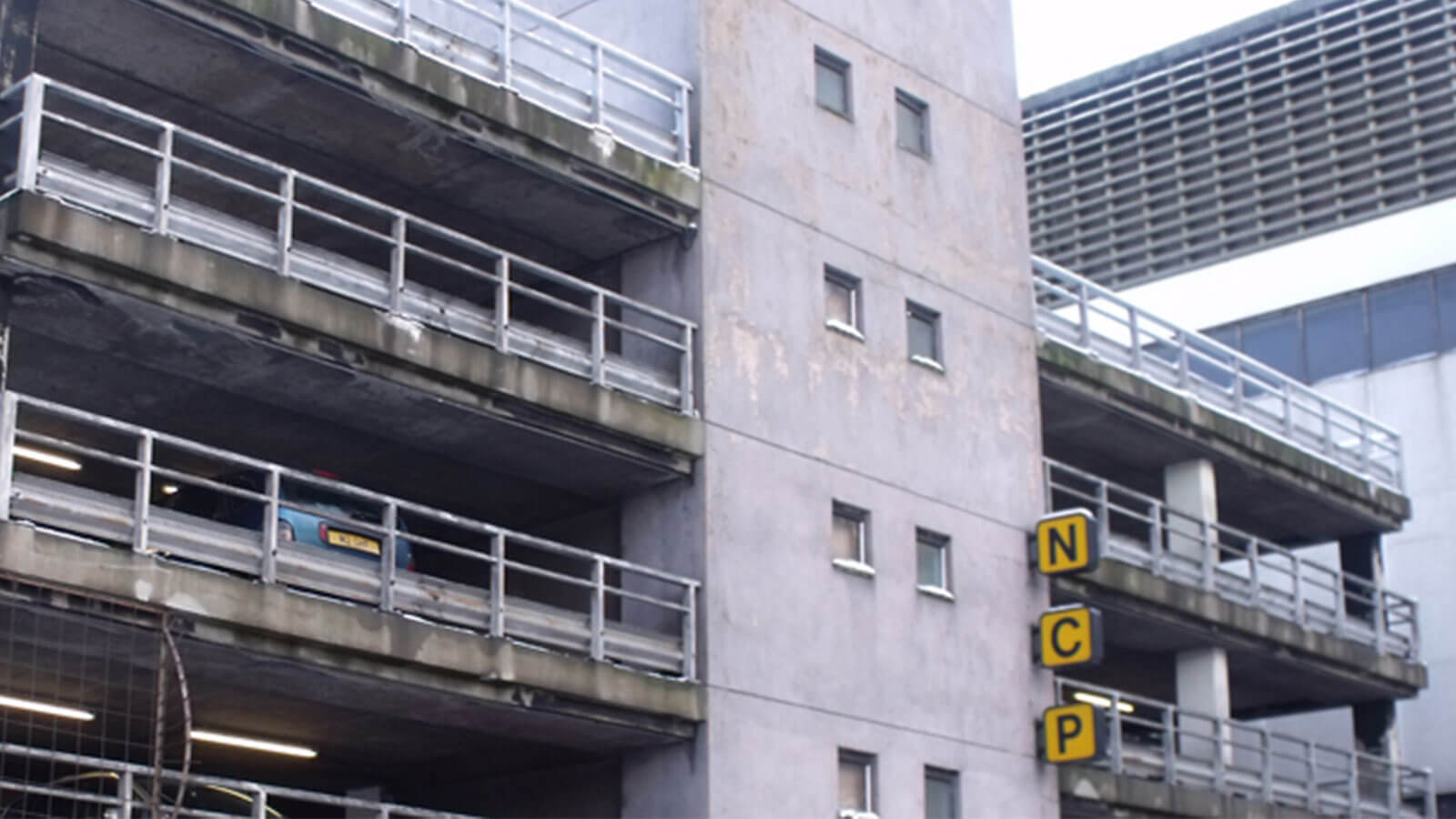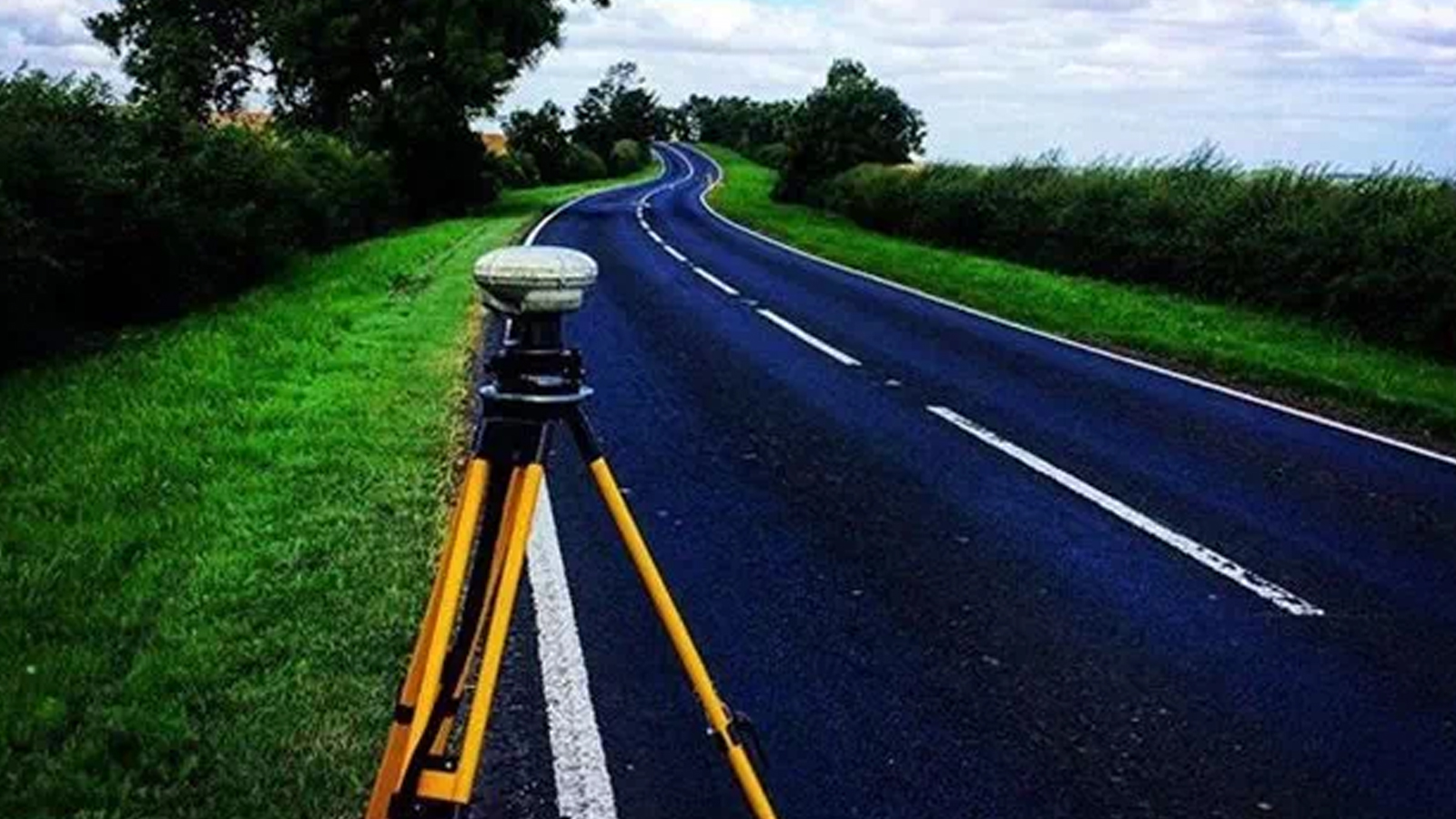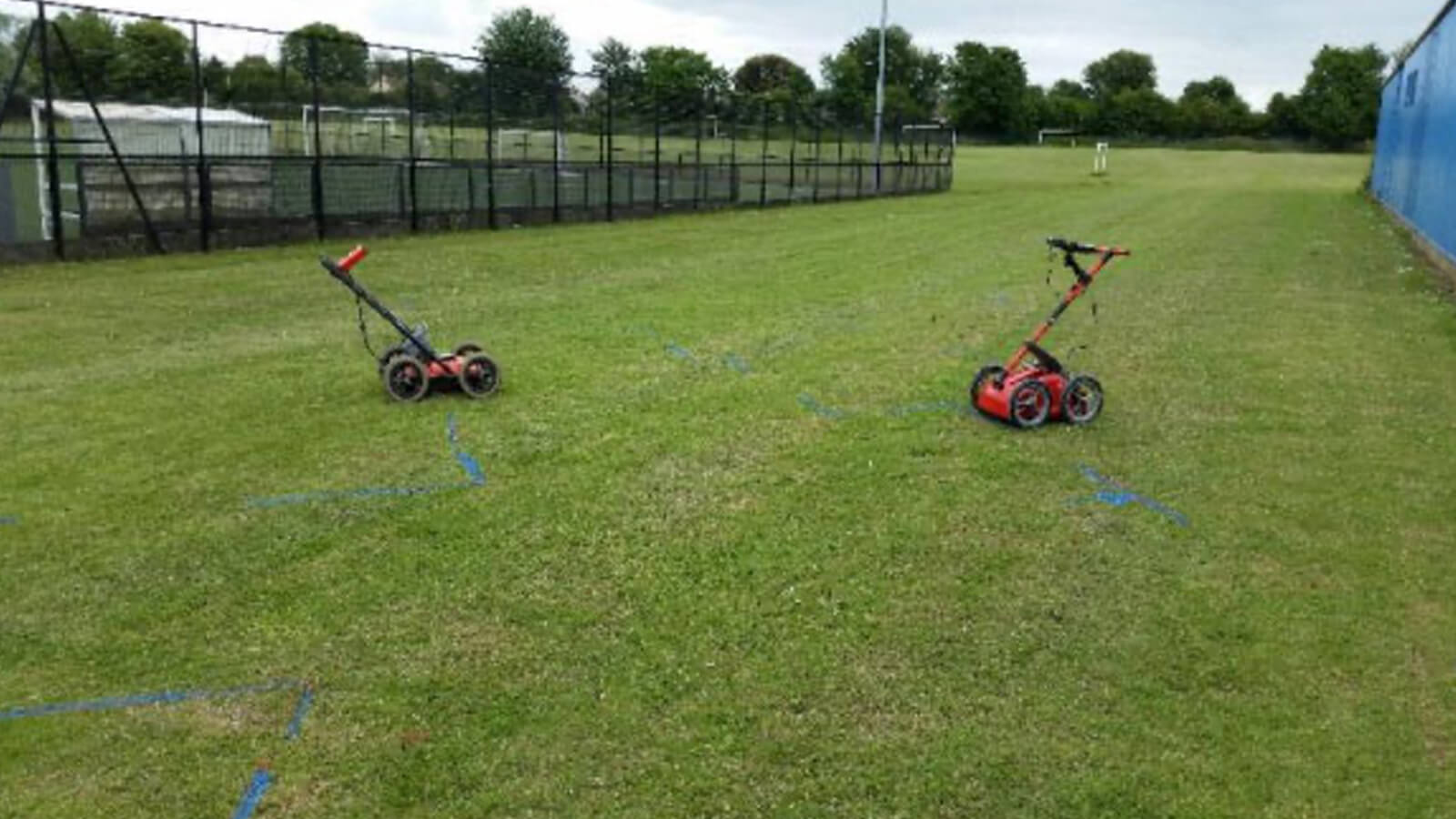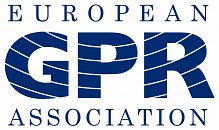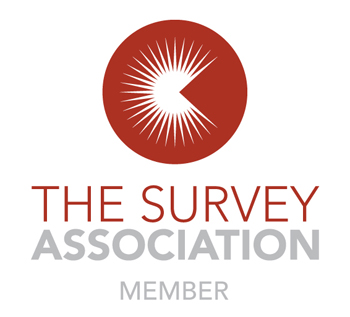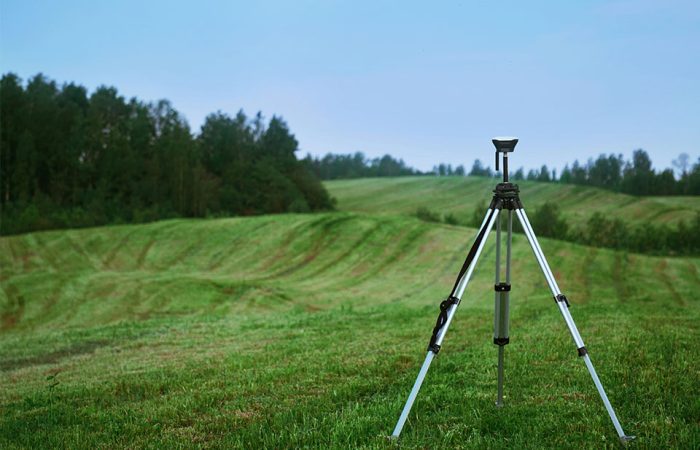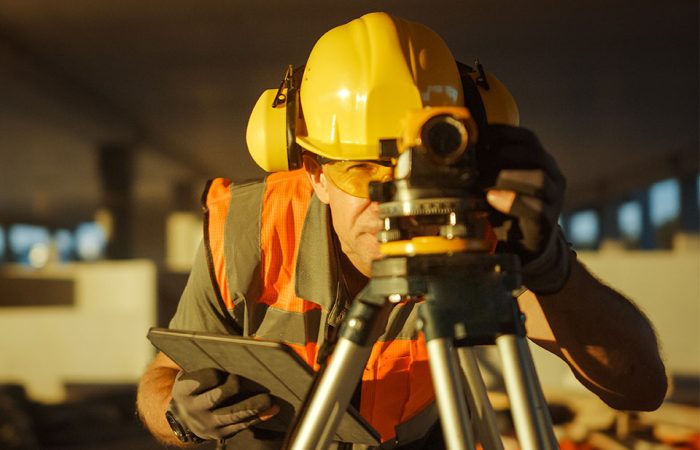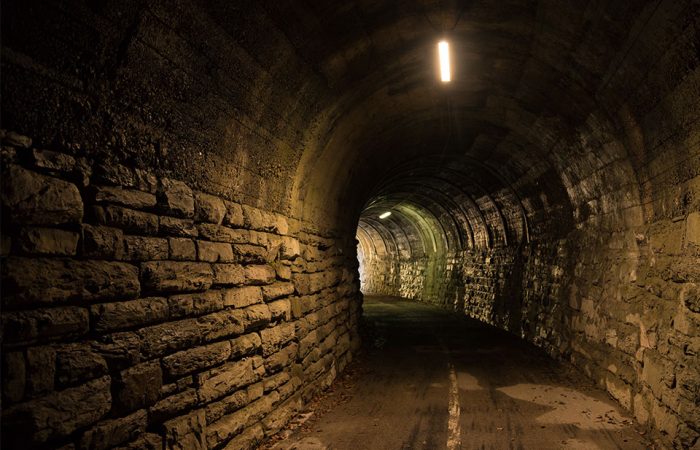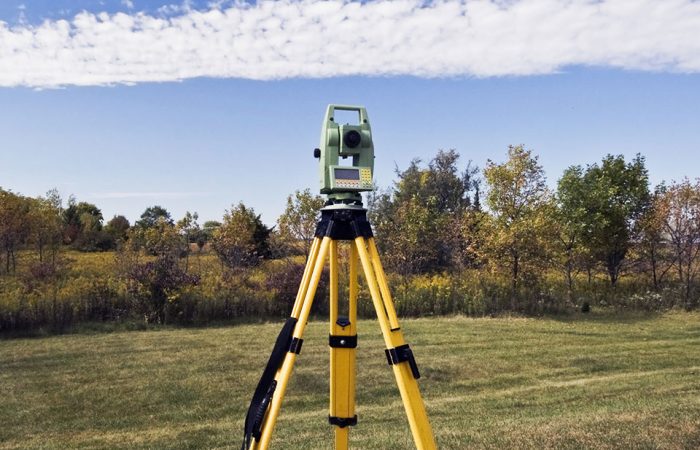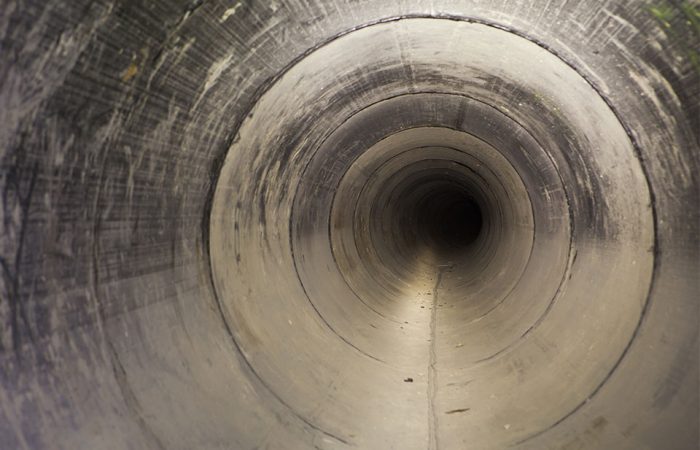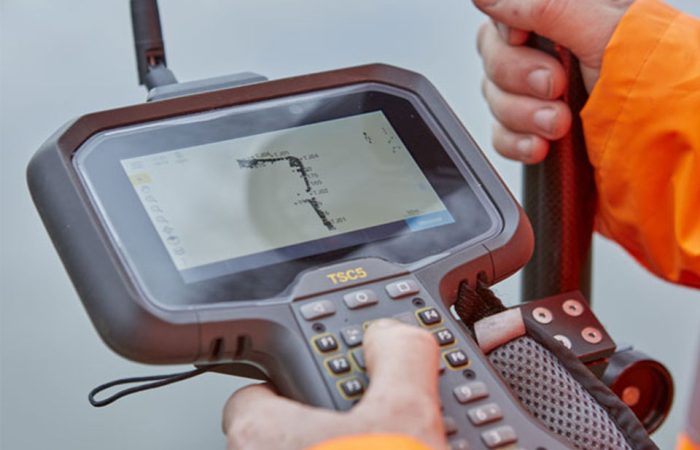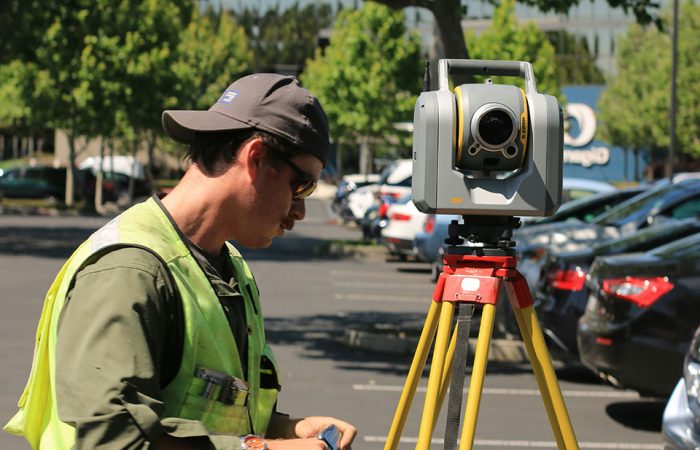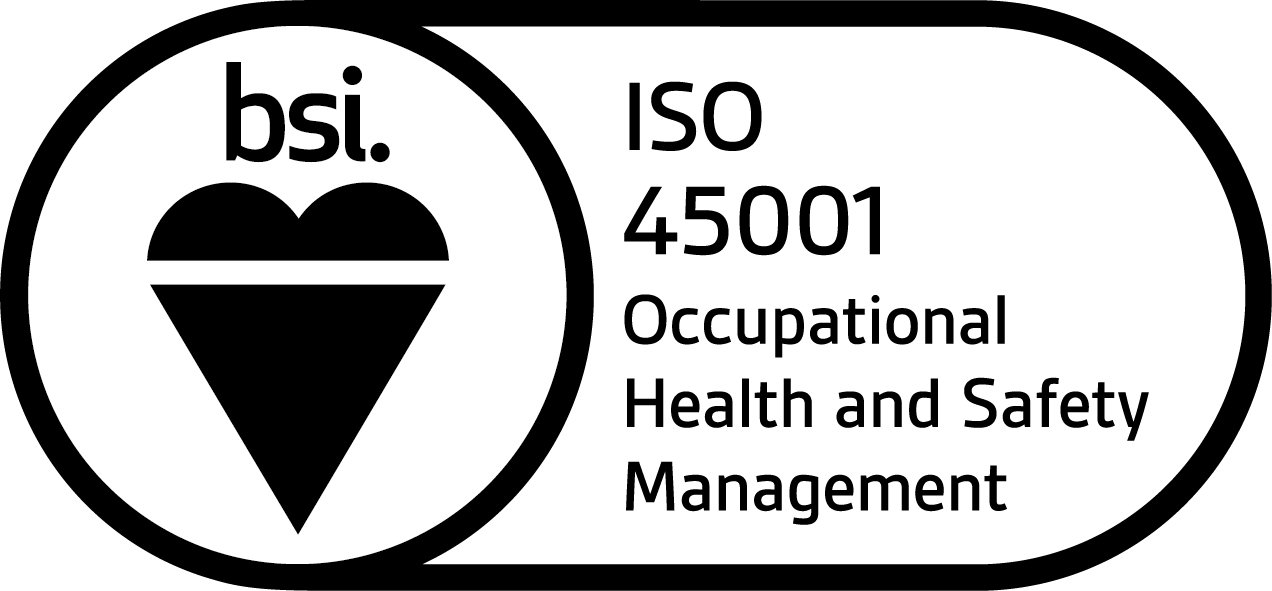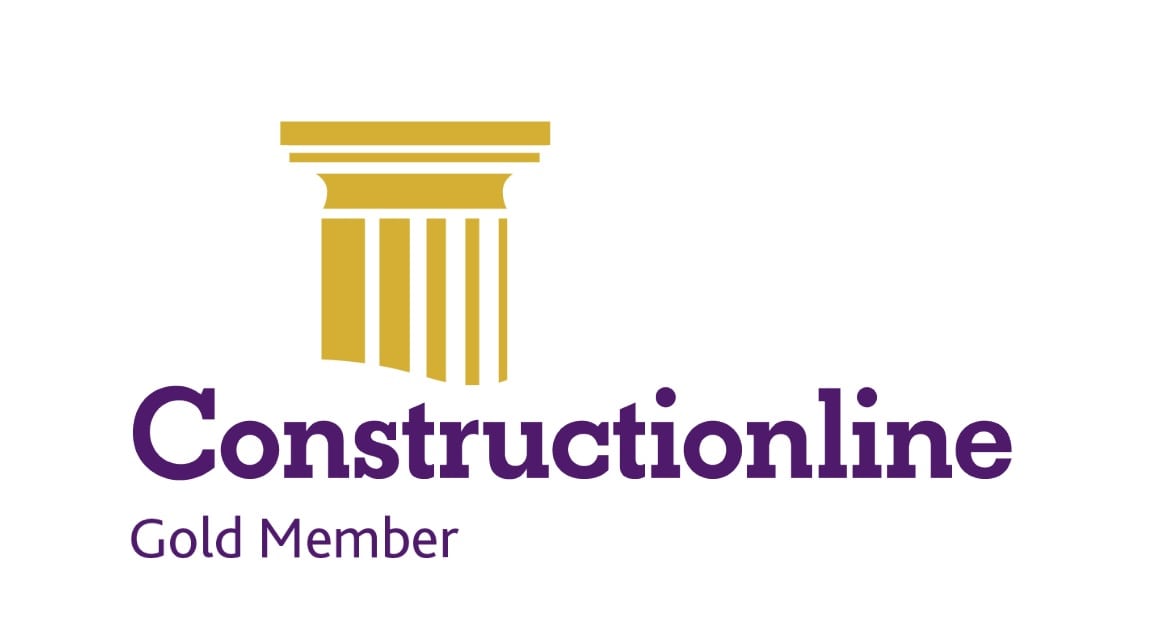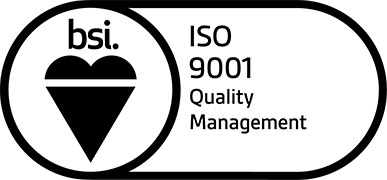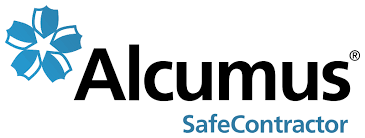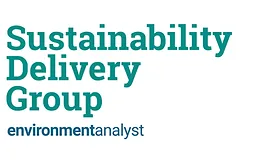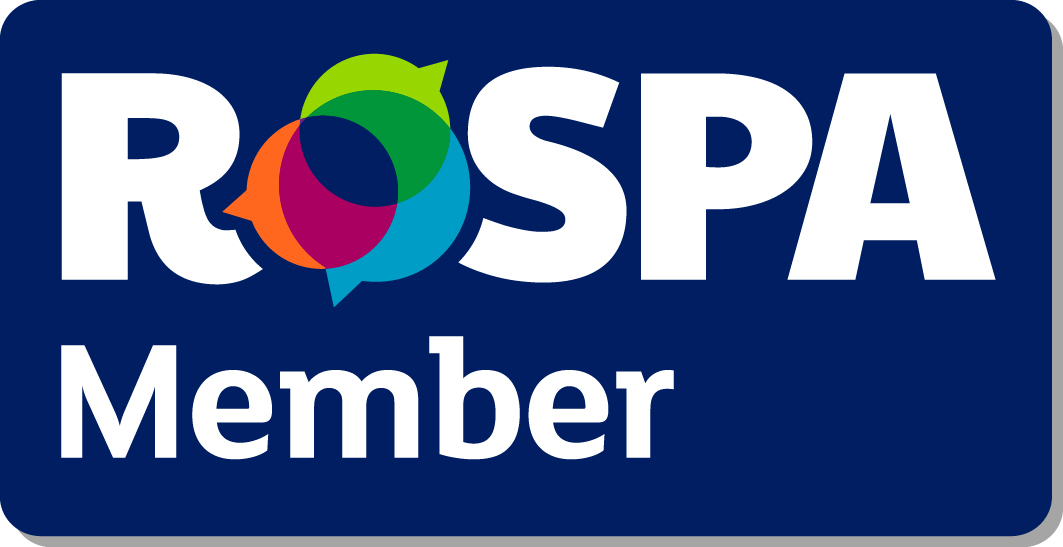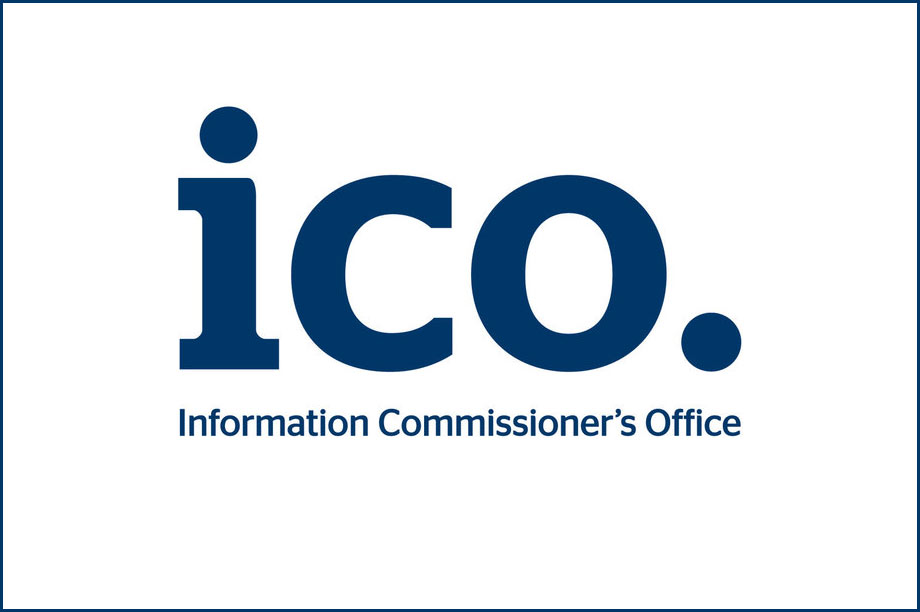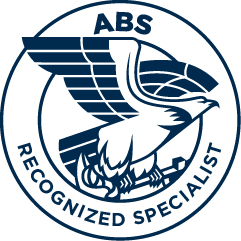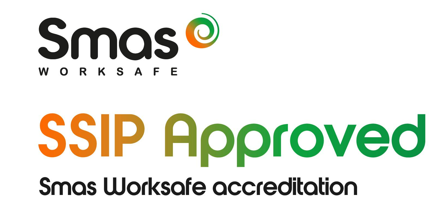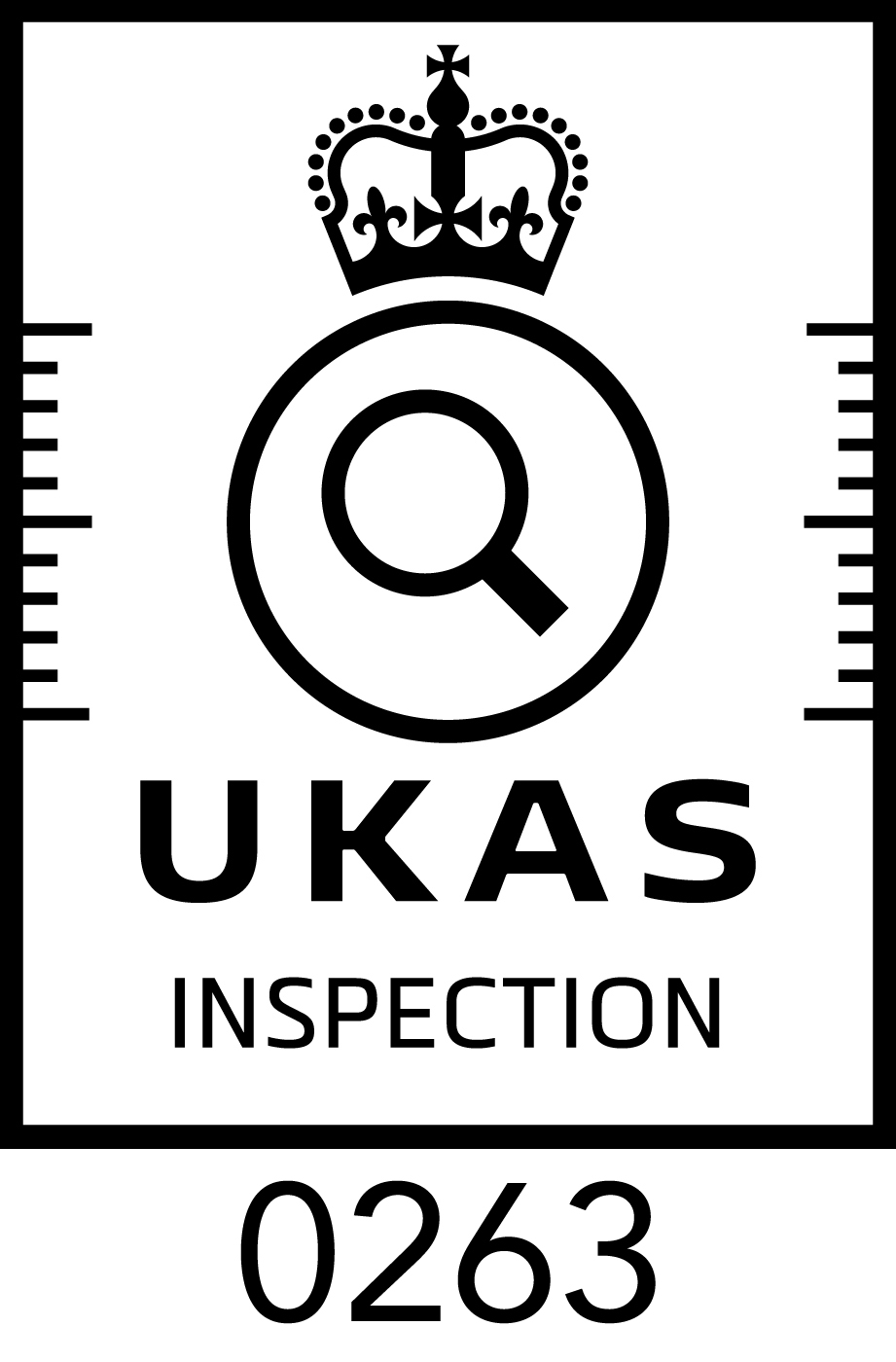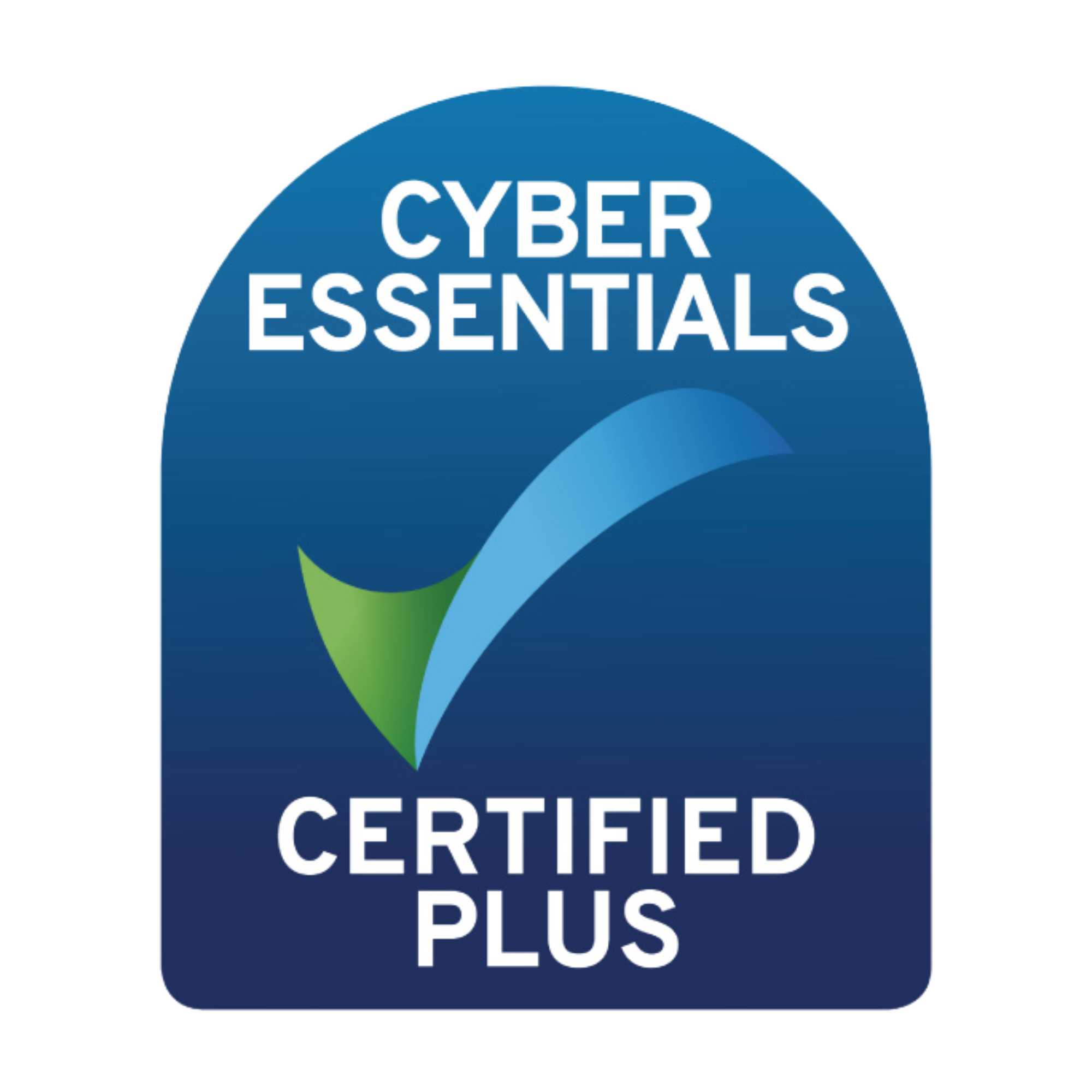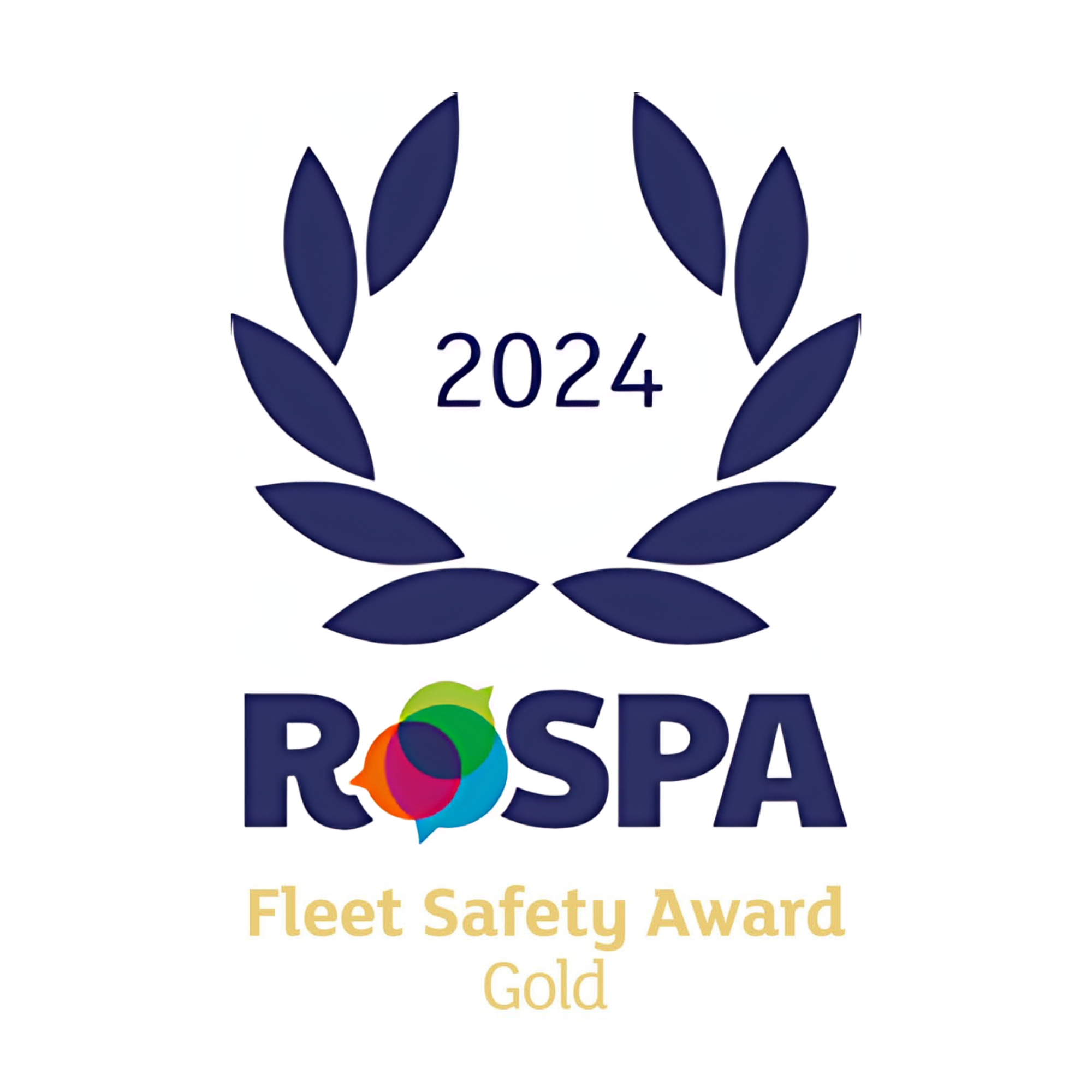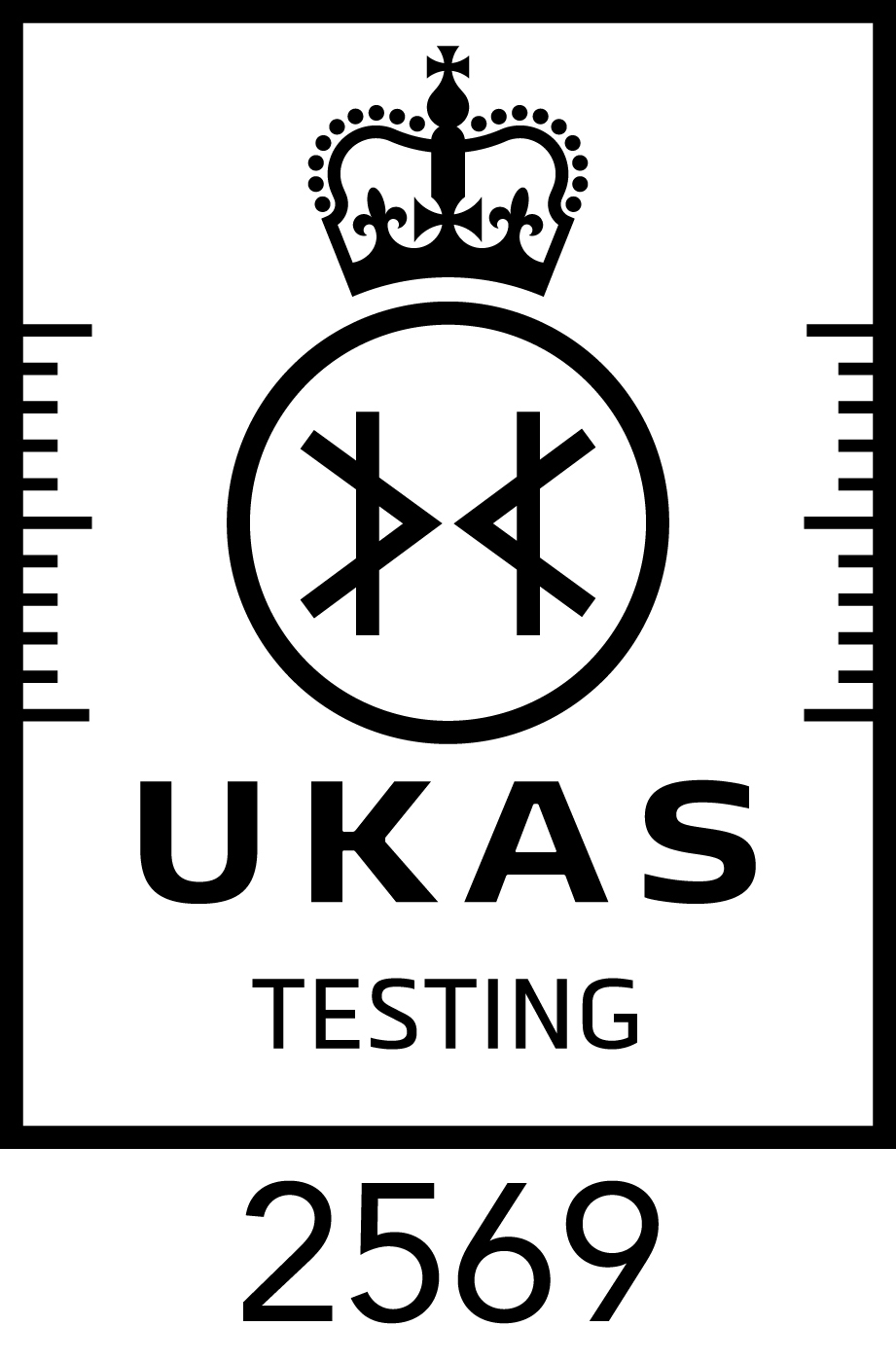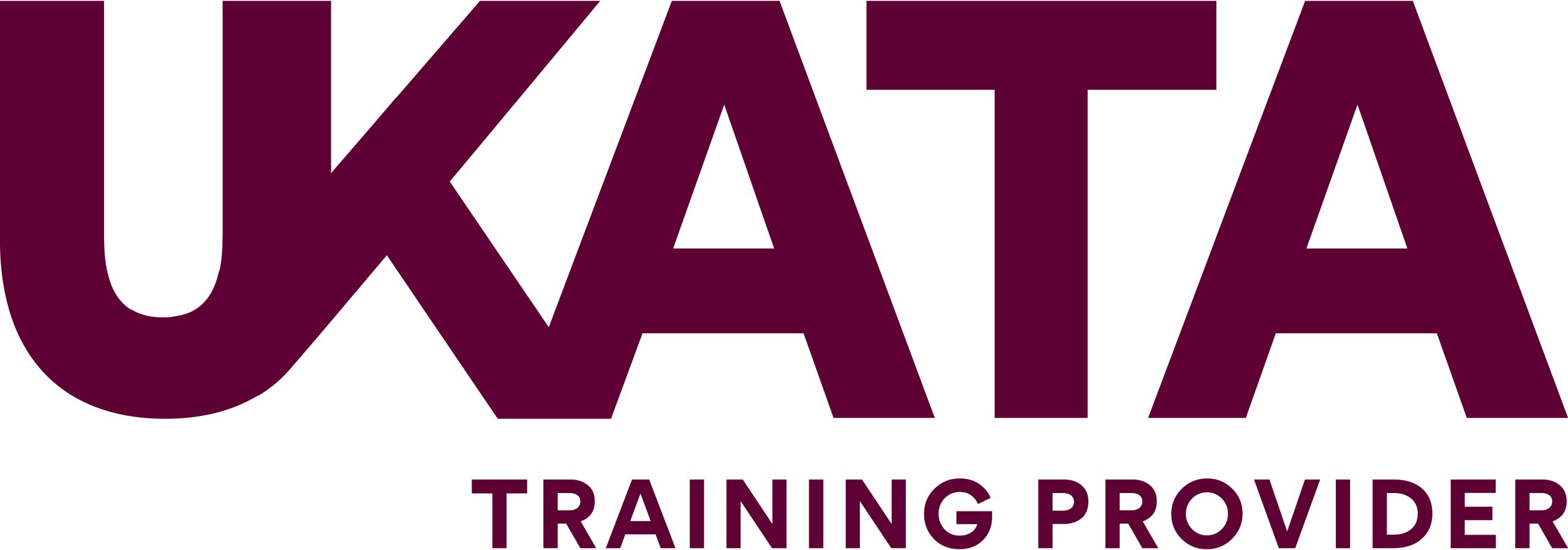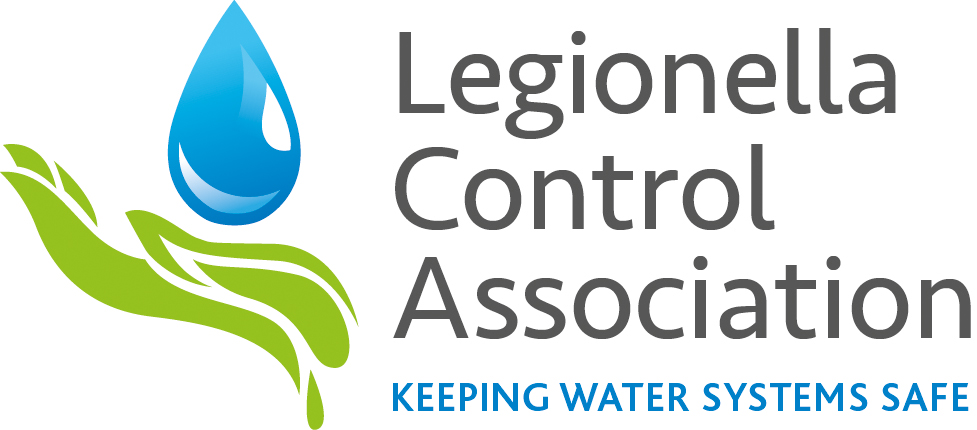Gain a clearer picture of your site’s underground utilities with Lucion’s PAS 128 desktop utility searches, the essential foundation for any survey project.
Accurate utility mapping surveys rely on a solid foundation of existing information, and that’s where desktop utility searches come in. Also known as PAS 128 Survey Category Type D searches, these non-intrusive investigations provide valuable insights into your site’s subsurface infrastructure, enabling safer and more efficient surveying and construction.
At Lucion, we understand the importance of thorough desktop utility searches in supporting your utility mapping efforts. Our experienced team goes above and beyond to ensure you have the most comprehensive and reliable information available:
- Comprehensive record gathering: We contact all relevant utility companies and asset owners to obtain their record data, ensuring no critical information is overlooked.
- Easy-to-understand reporting: Our team compiles the gathered information into clear, concise reports that highlight key details such as pipe sizes, materials, cable voltages, and abandoned utilities.
- Enhanced safety and efficiency: By providing your team with a clearer picture of potential hazards and obstacles, our desktop utility searches help minimise the risk of utility strikes, injuries, and costly delays.
- PAS 128 compliance: Our desktop utility searches adhere to the standards set forth in PAS 128, the UK specification for underground utility detection, verification, and location, ensuring the highest level of quality and reliability.
We are committed to delivering the most comprehensive and valuable desktop utility searches to support your utility mapping and construction projects. Our combination of expertise, thorough research, and clear reporting ensures that you have the information you need to proceed with confidence.

